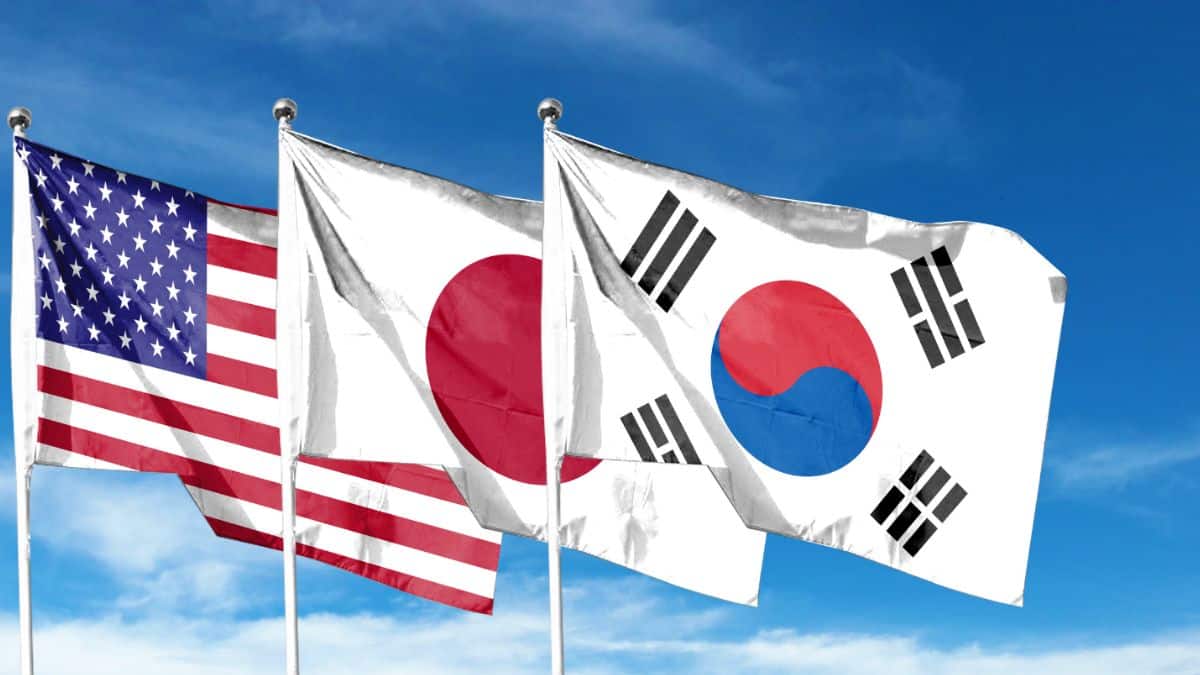During a virtual speech at a forum hosted by the Asan Institute for Policy Studies, U.S. Deputy Secretary of State Kurt Campbell emphasized the crucial role of bilateral and trilateral relationships between the United States, South Korea, and Japan in promoting prosperity and security in the Indo-Pacific region.
Campbell underscored the significance of these partnerships against the backdrop of numerous global opportunities and challenges. He described the alliances as evolving from traditional security-focused relationships to comprehensive global partnerships, with far-reaching impacts beyond the Indo-Pacific.
Highlighting recent bilateral and trilateral summits, Campbell praised the unprecedented level of commitment demonstrated by Washington and its allies. He emphasized President Biden’s recognition of the critical role of partners and allies in addressing key opportunities and challenges of the 21st century.
Campbell emphasized that the future of Asia would be defined by the bilateral and trilateral bonds between the United States, South Korea, and Japan, stressing the importance of collective prosperity and security.
Acknowledging the improved relations between Seoul and Tokyo, Campbell credited the leadership of President Yoon Suk Yeol and Prime Minister Fumio Kishida for facilitating trilateral cooperation.
Discussing the Biden administration’s Indo-Pacific strategy, Campbell emphasized the importance of trilateral and multilateral cooperation, referring to the formation of a “lattice-fence” structure of alliances. He contrasted this with traditional “hub and spokes” alliances, highlighting alliances aimed at addressing regional challenges, including North Korea.
Campbell also pointed to alliances such as AUKUS and the Quad as examples of latticework partnerships aimed at countering China’s assertiveness in the region.
Overall, Campbell’s remarks underscored the United States’ commitment to strengthening partnerships with South Korea and Japan to promote stability and prosperity in the Indo-Pacific.

